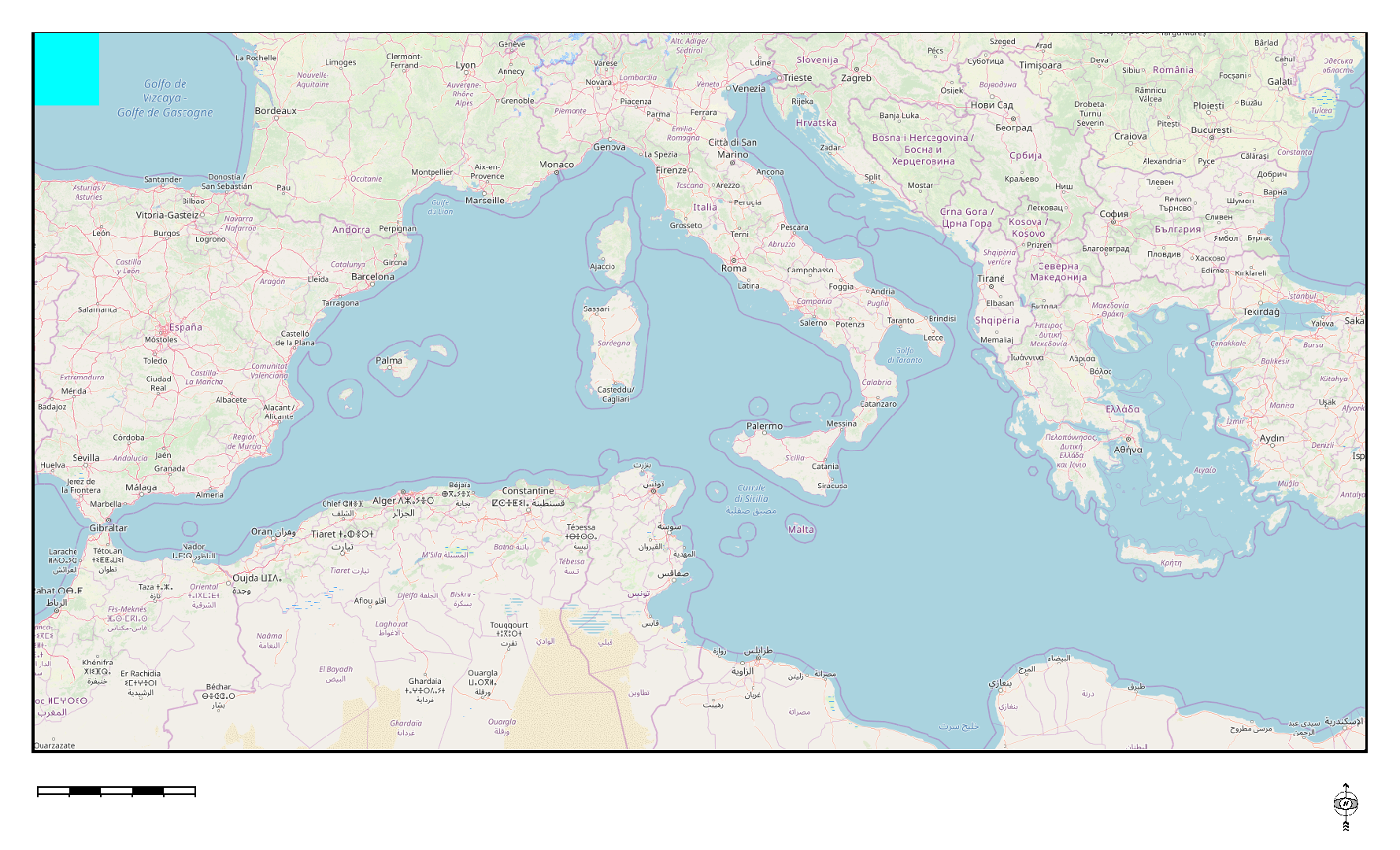Keyword
biodiversity conservation
2 record(s)
Type of resources
Available actions
Topics
Keywords
Contact for the resource
Provided by
Years
Formats
Representation types
Update frequencies
Status
Scale
panaceaKeywords
GEMET keywords
-

This video, produced by the project POSBEMED, highlights the value of Posidonia oceanica for the Mediterranean. The POSBEMED project in one of the 9 thematic initiatives under the umbrella of the EU Interreg Med PANACeA project on Biodiversity Protection. POSBEMED is led by the Entente Interdépartementale de Démoustication Méditerranée (EID-Med, Montpellier) in France and involves partners from three more Mediterranean countries: the International Union for Conservation of Nature - Centre for Mediterranean Cooperation (IUCN, Malaga, Spain), the International Marine Centre Foundation (IMC, Sardinia, Italy), ECO-logica srl (Bari, Italy) and the Hellenic Centre for Marine Research (HCMR, Anavissos, Greece). Other associated partners are the Hellenic Society for the Protection of Nature (Greece), Ministry of Agriculture, Rural Development and Environment (Cyprus), Larnaka Municipality (Cyprus), Regional Government of the Balearic Islands (Spain), French Agency for Biodiversity (France), and the Municipality of Giovinazzo (Italy). POSBEMED is an Interreg-Med project co-financed by the European Regional Development Fund.
-

A Fisheries Restricted Area (FRA) is a geographically defined area in which some specific fishing activities are temporarily or permanently banned or restricted in order to improve the exploitation patterns and conservation of specific stocks as well as of habitats and deep-sea ecosystems. In the Mediterranean and the Black Sea, 1,760,000 km2 of sea habitats are protected by nine FRAs established by the GFCM. This includes one large deep-water FRA (1,730,000 km2) in which the use of towed dredges and trawl nets in all waters deeper than 1000 metres is banned to protect deep-sea benthic habitats. These areas are recollected into MAPAMED which is a cartographic database of key information on Mediterranean Marine Protected Areas (MPAs) potential Other Effective área-based Conservation Measure (OECMs), and more broadly on sites of interest for marine conservation. It is developed and administered jointly by UNEP/MAP-SPA/RAC and the MedPAN Association. For detailed information, please consult the MAPAMED user manual (April 2021 version).
